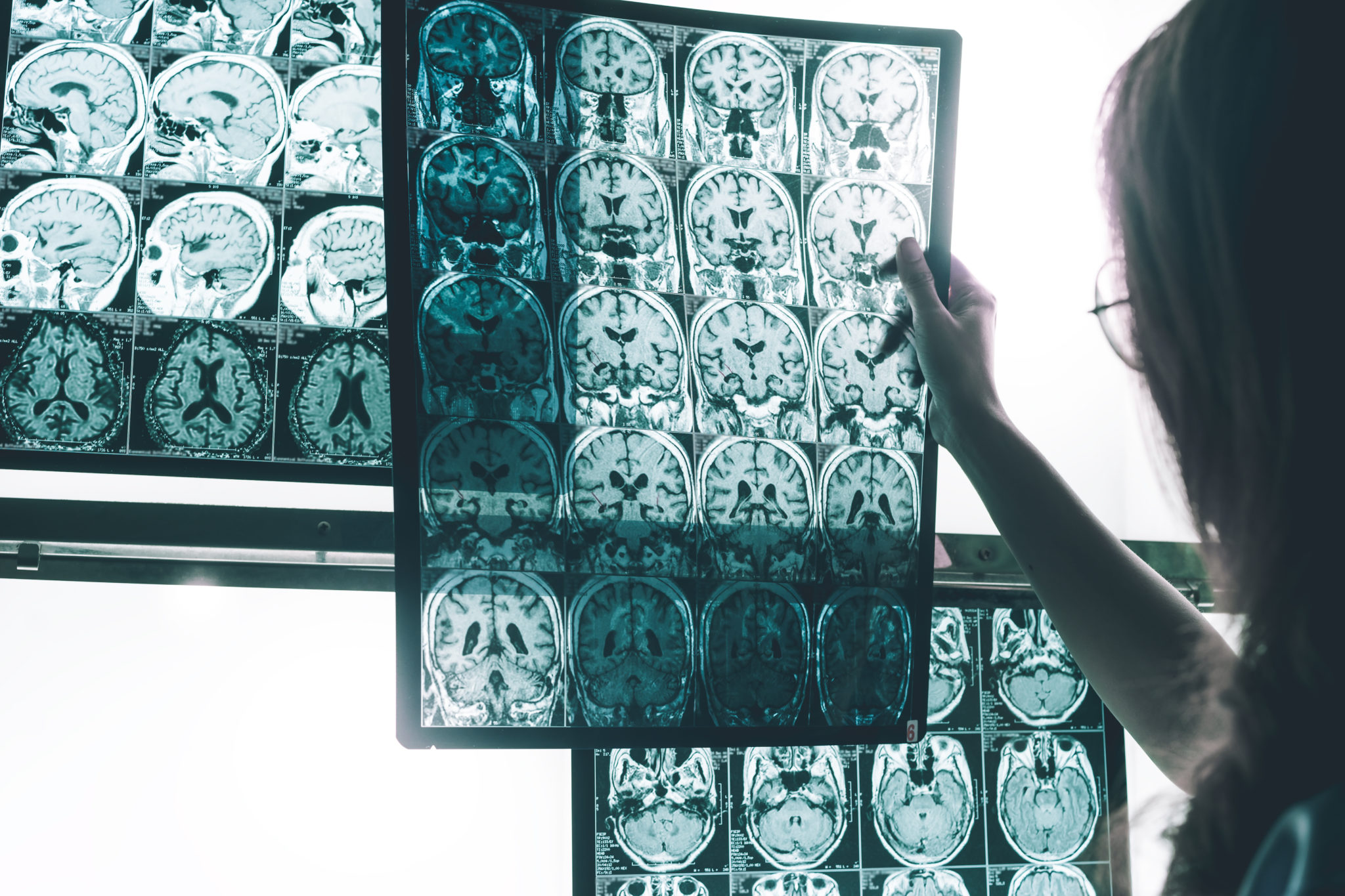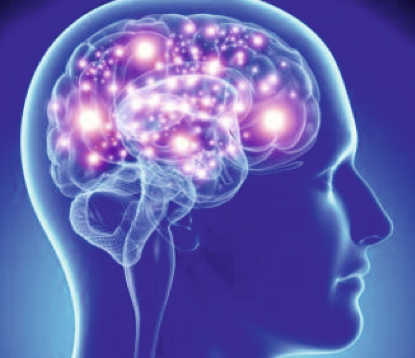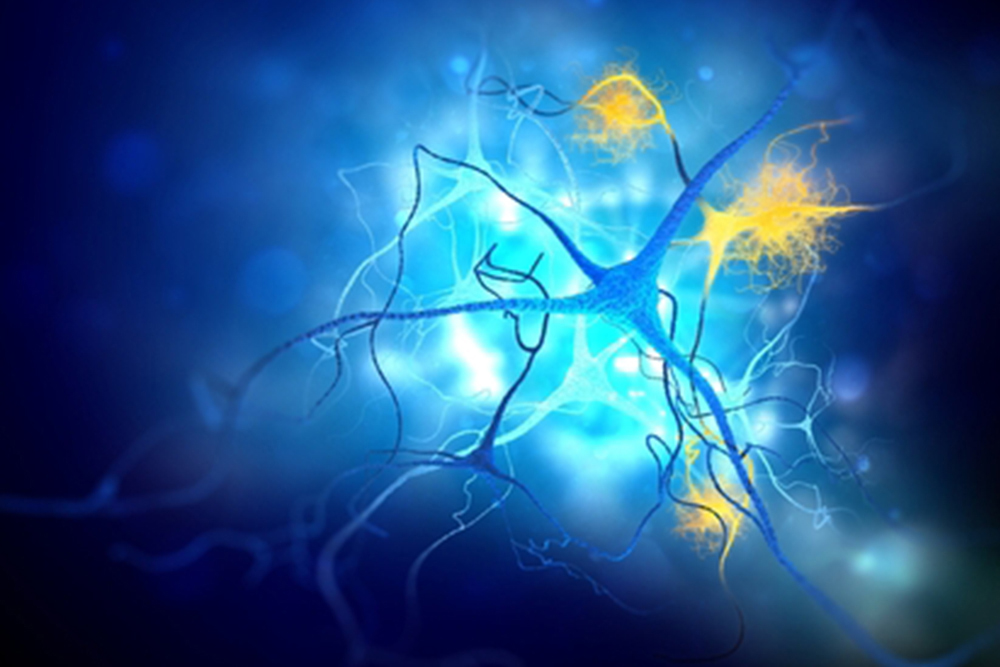In a recent study involving 72 schizophrenia patients and 74 healthy control subjects using structural magnetic resonance imaging data, various classification algorithms, including support vector machine (SVM), random forest, kernel ridge regression, and randomized neural networks, were evaluated. Additionally, different feature selection techniques, such as T-Test, Receiver Operator Characteristics (ROC), Wilcoxon, entropy, Bhattacharyya, Minimum Redundancy Maximum Relevance (MRMR), and Neighborhood Component Analysis (NCA) were assessed.
The findings indicated that SVM-based models with Gaussian kernel outperformed other classification models, and Wilcoxon feature selection was the most effective approach. The study emphasized the significant impact of both classification algorithms and feature selection techniques on schizophrenia diagnosis.
Reference: Tanveer M, Jangir J, Ganaie MA, Beheshti I, Tabish M, Chhabra N. Diagnosis of Schizophrenia: A Comprehensive Evaluation. IEEE J Biomed Health Inform. 2023 Mar;27(3):1185-1192. doi: 10.1109/JBHI.2022.3168357. Epub 2023 Mar 7. PMID: 35446774.
Link: https://schizophrenia.pocn.com/patient-management/machine-learning-improves-schizophrenia-diagnosis/









